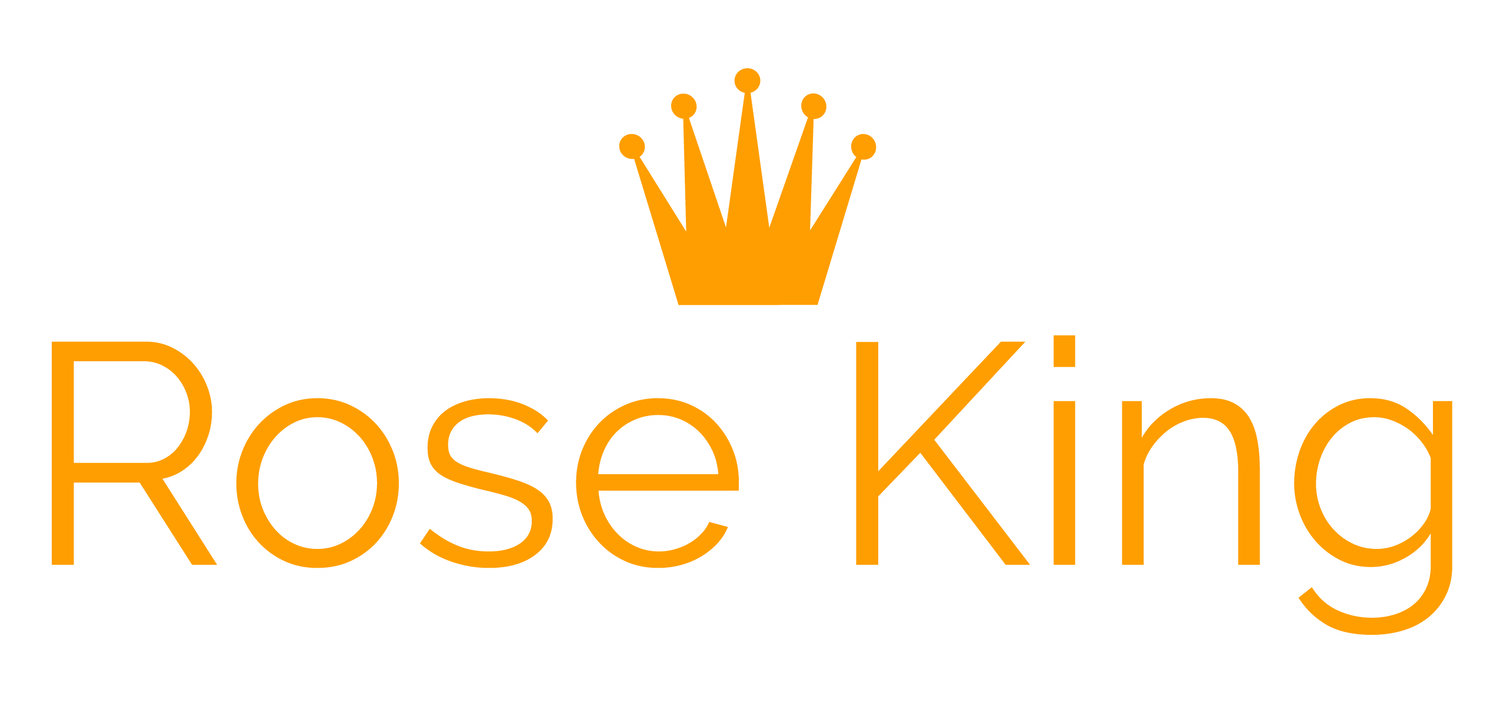We all use verbal pauses when we speak: um, ah, like, and you know. Filler words like these become more pronounced during interviews or presentations. Why does this happen, even to the best speakers? In some cases, we’re nervous speaking to an audience. In others, we may be so passionate about the topic that we’re concerned we won’t do it justice. Whatever the reason, our hearts race. We talk faster than normal. And we often use bridge words to hold our place, while we think of the next thing we’re trying to say.
You don’t have to fill every silence with noise. [Photo Credit: Nycholas Benaia]
Unfortunately, verbal pauses make us sound less professional at the very time we want to be at our best. Making matters worse, they are also distracting. Instead of your future boss keying in on your skill set, she may be noticing how many filler words you use.
How can you prune um and ah from your vocabulary? By far, the best solution is to stop talking all together. In other words, use a pause instead of a filler word. You can also try speaking more slowly. Fully finish a thought and then take a deep breath. My point is that you don’t have to fill every silence with noise. Let the power of your idea sink in without further distraction.
Here are two other ways to break this habit.
Find an Accountability Partner – Maybe you’ve heard of Toastmasters infamous “Ah-Counter.” That’s someone who tabulates how many times you use verbal pauses. While this method is no doubt embarrassing, it gets right to the core of the problem: self- awareness. We have to recognize how many times we are using um or ah before we can fix the problem. If you don’t want to join Toastmasters, find a supportive accountability partner who can give you candid feedback next time you speak at the office staff meeting.
Record Yourself – Most smart phones today have a free mic app. (I often use QuickVoice or VoiceMemos.) Next time you’re giving a short presentation, ask the people in the room if it’s okay to record yourself. Then play back your remarks to see how you did. The next step is to work on trimming these from your vocabulary and, when you’re ready, record yourself again to see whether you’ve improved.
Awareness and practice are the dual keys to getting rid of ums and ahs. For better or worse, we have dozens of opportunities every day to monitor ourselves: on the phone, talking at dinner, in meetings. Eliminating filler words will, in the end, make you a more confident, powerful speaker.
Want to read more on this topic? Check out this article in the New York Times, then email me at rose@rosespeechwriter.com.

![You don’t have to fill every silence with noise. [Photo Credit: Nycholas Benaia]](https://images.squarespace-cdn.com/content/v1/56b15eefb6aa6091b8ce7fc2/1553608301347-U2A5T079ESX9CEJ3TY42/image-asset.jpeg)